Six crime novels that inspired our new show, The Evidence Chamber
This summer we're inviting audiences to become jurors at a murder trial in our new online courtroom drama. We made the show in collaboration with real-life forensic scientists, but also took a lot of inspiration from fiction – here are six books that really stuck with us.
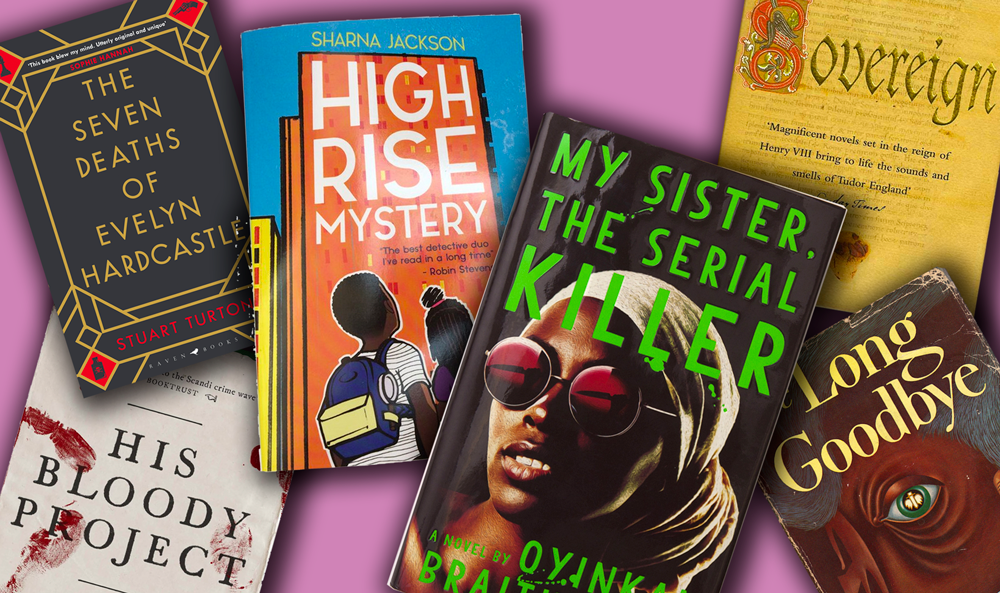
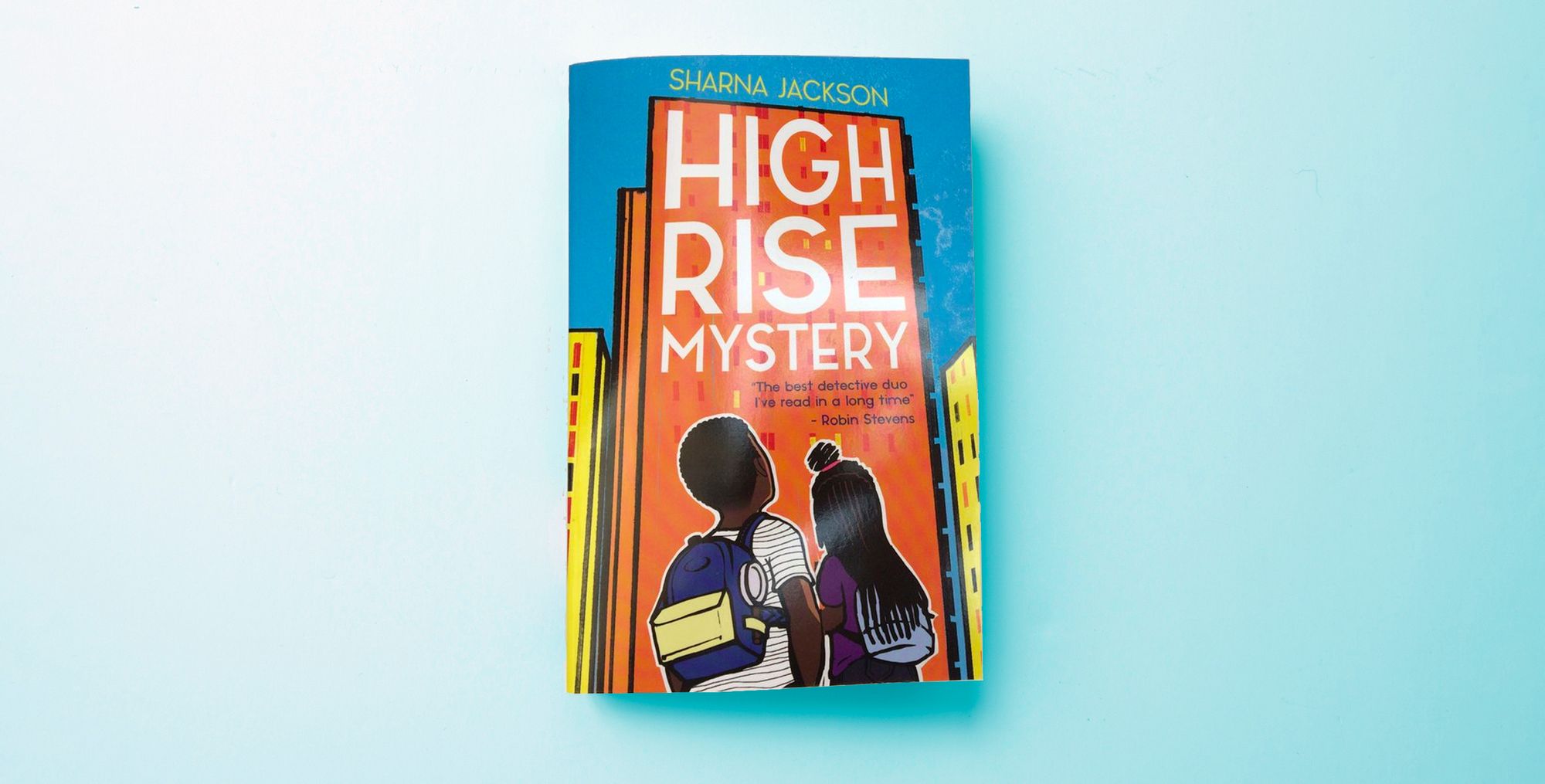
Sharna Jackson's High Rise Mystery, 2019
I’d seen Sharna talk at a few events and always found her really fascinating, so when I heard she was writing a Young Adult detective novel I was very excited. The release of High Rise Mystery fortuitously coincided with another project we were doing (making a kind of interactive YA book) so I was able to prioritise reading this as research! The central characters, sisters Nik and Norva, are smart and super-likeable, and find themselves in a pretty tight spot when suspicion for the murder falls on their dad. I’ve got a lot of time for YA fiction, not least because it seems less attached to macho white male protagonists. Book two of the Alexander sisters' adventures, Mic Drop, was released in April, and I am very much looking forward to reading that. – Rachel
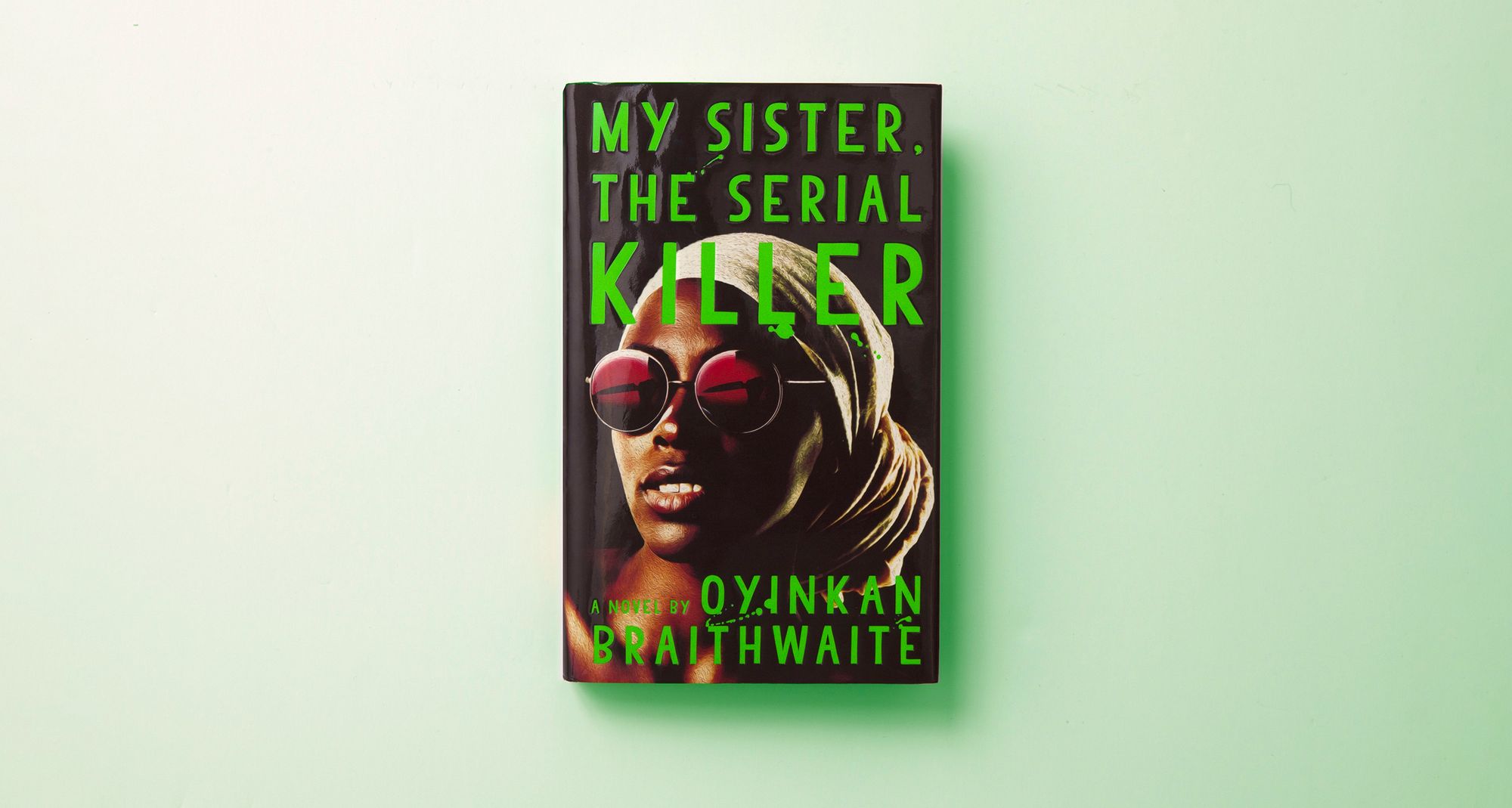
Oyinkan Braithwaite's My Sister the Serial Killer, 2018
This book is too short! That’s pretty much my only criticism. There’s something about the characters - sisters Ayoola (the popular one) and Korede (the one who has to deal with the fall-out), and their relationship, which is so incredibly compelling and kind of unnerving. On one level, it is a crime novel (and recently won a big prize) fuelled by an incredibly dark humour, but it also has layers of pain and secrecy that make it more than blood-splattered sibling rivalry. It’s one of those books that I liked at the time, but that I’ve thought about lots since, in ways I probably wouldn’t have expected. – Rachel
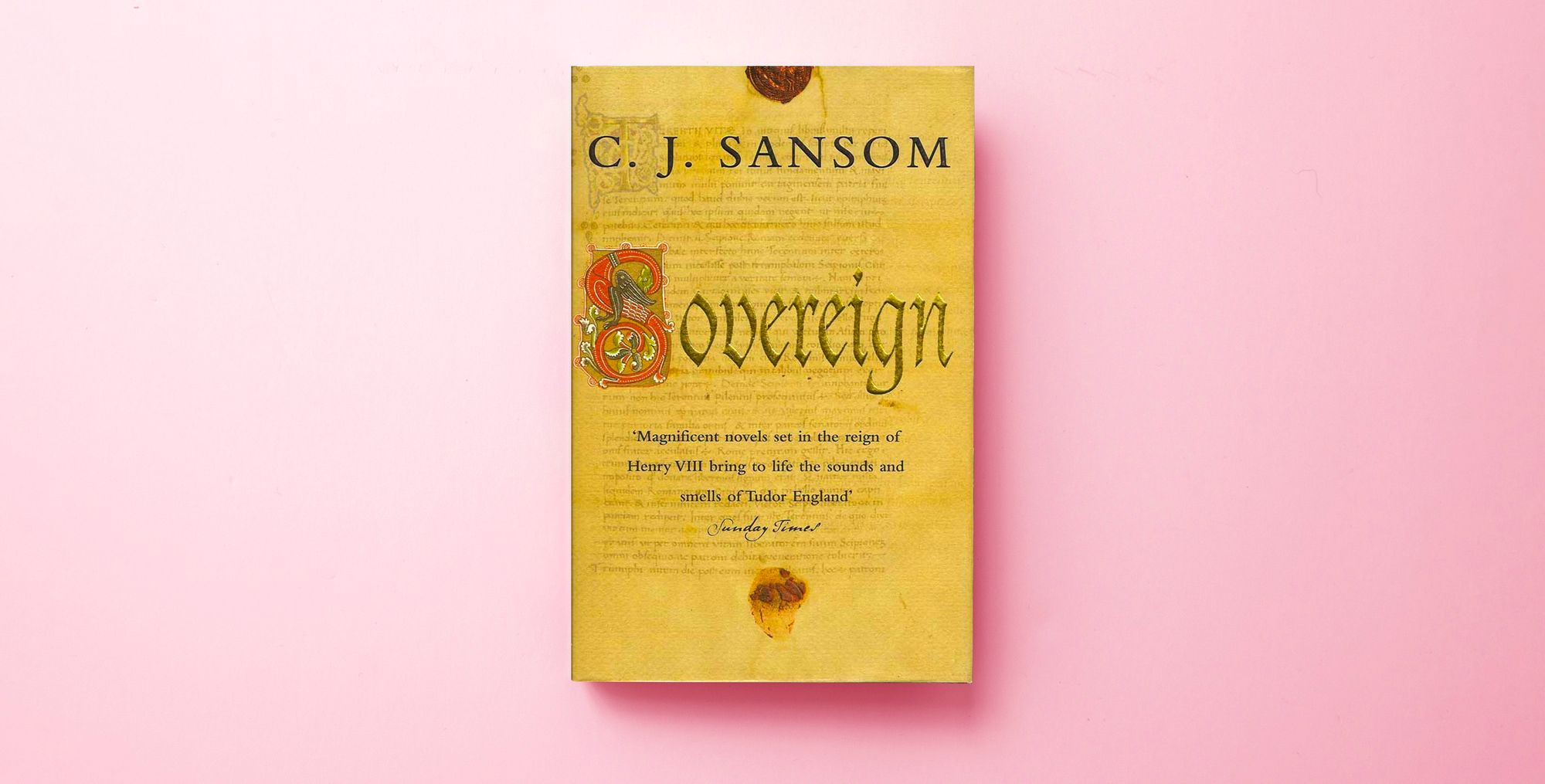
C.J. Sansom's Sovereign, 2000
Sovereign is my favourite of C.J. Sansom’s novels featuring Matthew Shardlake, a lawyer-turned-detective struggling to do the right think amidst the murky politics of Tudor England. The whole series is great. Sansom’s meticulous historical research brings the period setting to life and the plotting makes each book a page-turner but the best part is Shardlake himself: humane, clever, conflicted and always unlucky in love. In this book (the third in the series) he's acquired some of the world-weariness of all great fictional detectives. The story plays out against the backdrop of Henry VIII’s Progress to the North and includes a painful betrayal, making it perhaps the darkest and most character-driven of the entire series. – Dan
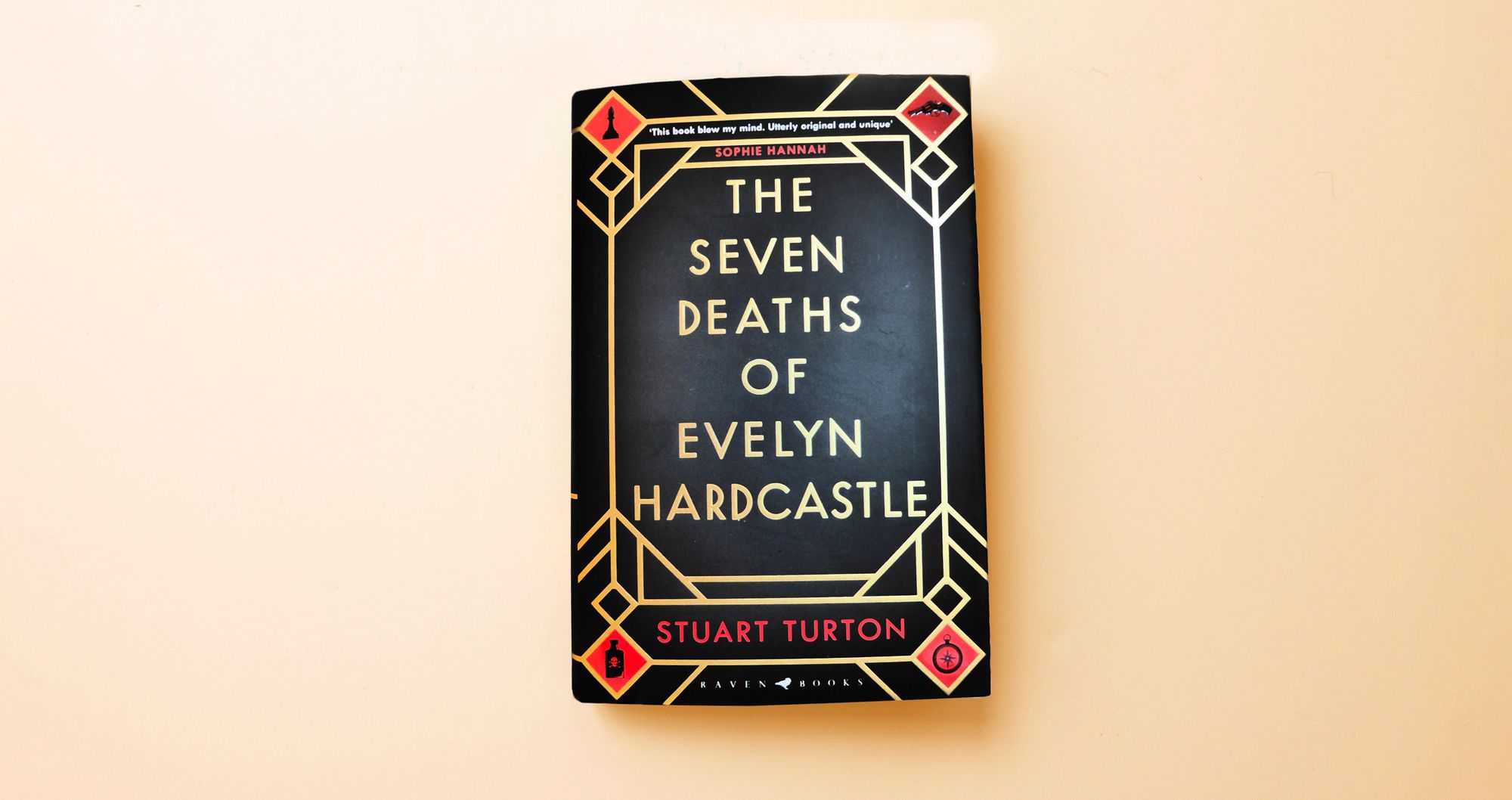
Stuart Turton's The Seven Deaths of Evelyn Hardcastle, 2018
I read this on the holiday we took last year (first proper one since 2010). It’s quite hard to describe: a sort-of murder mystery that loops, and that the reader experiences as different characters. I read it trying to piece together what I just experienced as the valet or the doctor, taking real pleasure in the moments when what I had already experienced as one character happened again from another character’s perspective. If I hadn’t been on holiday, I would probably have constructed a complex spreadsheet to work out what was happening minute by minute for each character! As I read it, I thought that it could really work as a VR or game experience, and I was really interested to read afterwards that Stuart Turton plays a lot of games. I think you can see that in the complex structure. (He also has a new book out, The Devil and the Dark Water.) – Rachel
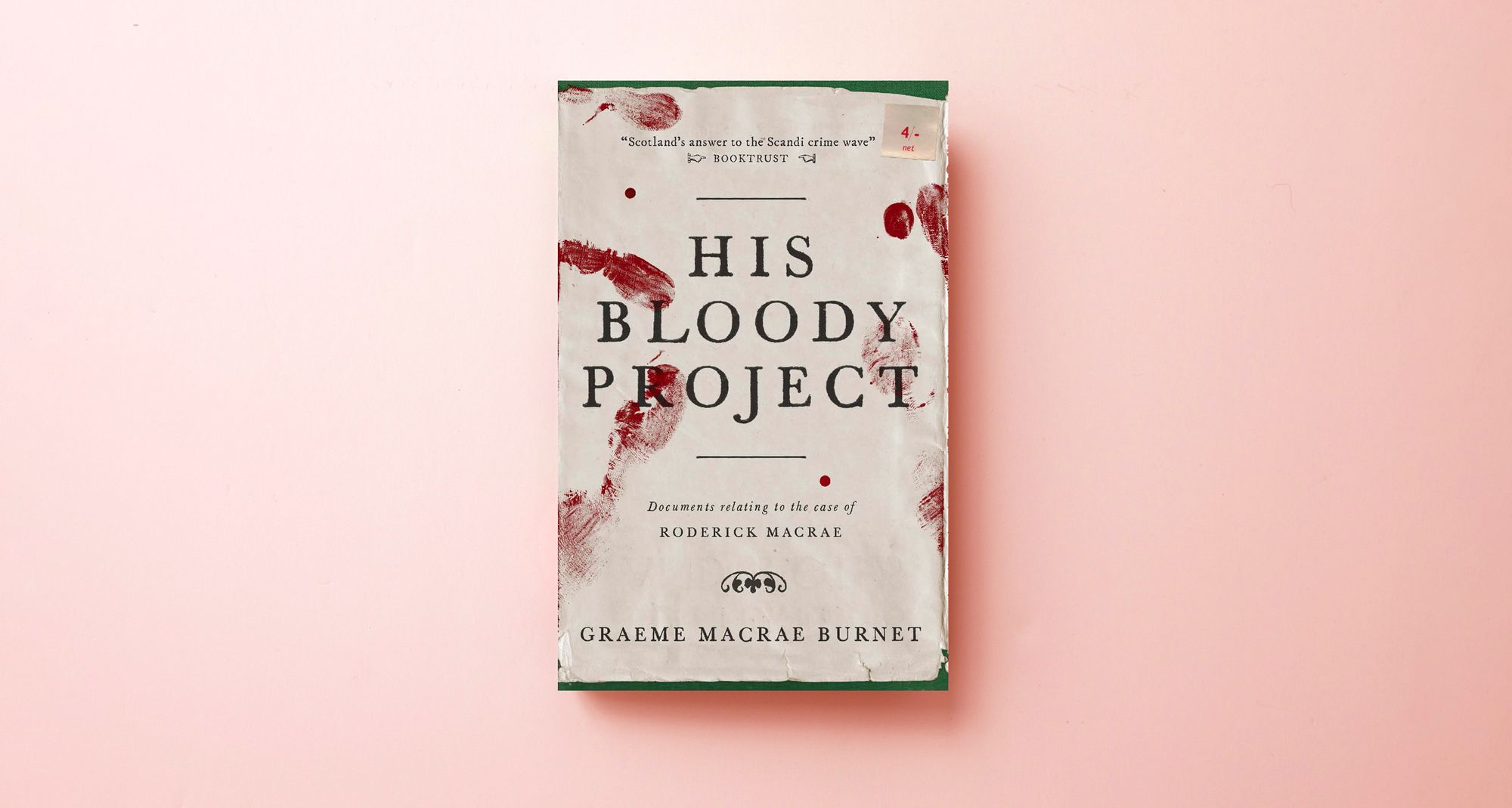
Graeme Macrae Burnet's His Bloody Project, 2015
This is a genuinely unique book. I love the idea that art is a space where you can practice changing your mind, or thinking different thoughts. I was so sure about what I thought had happened until the last eighth of this book, when I had to put it down and walk around the room because I realised that everything I had thought was wrong. As someone who tells stories across quite a lot of weird forms, I really like that this is a story told through documents, from multiple perspectives. I first read it two years ago and when I came to make this list, the story and scenes from it were still so clear in my mind. I really think it’s a work of genius. – Rachel
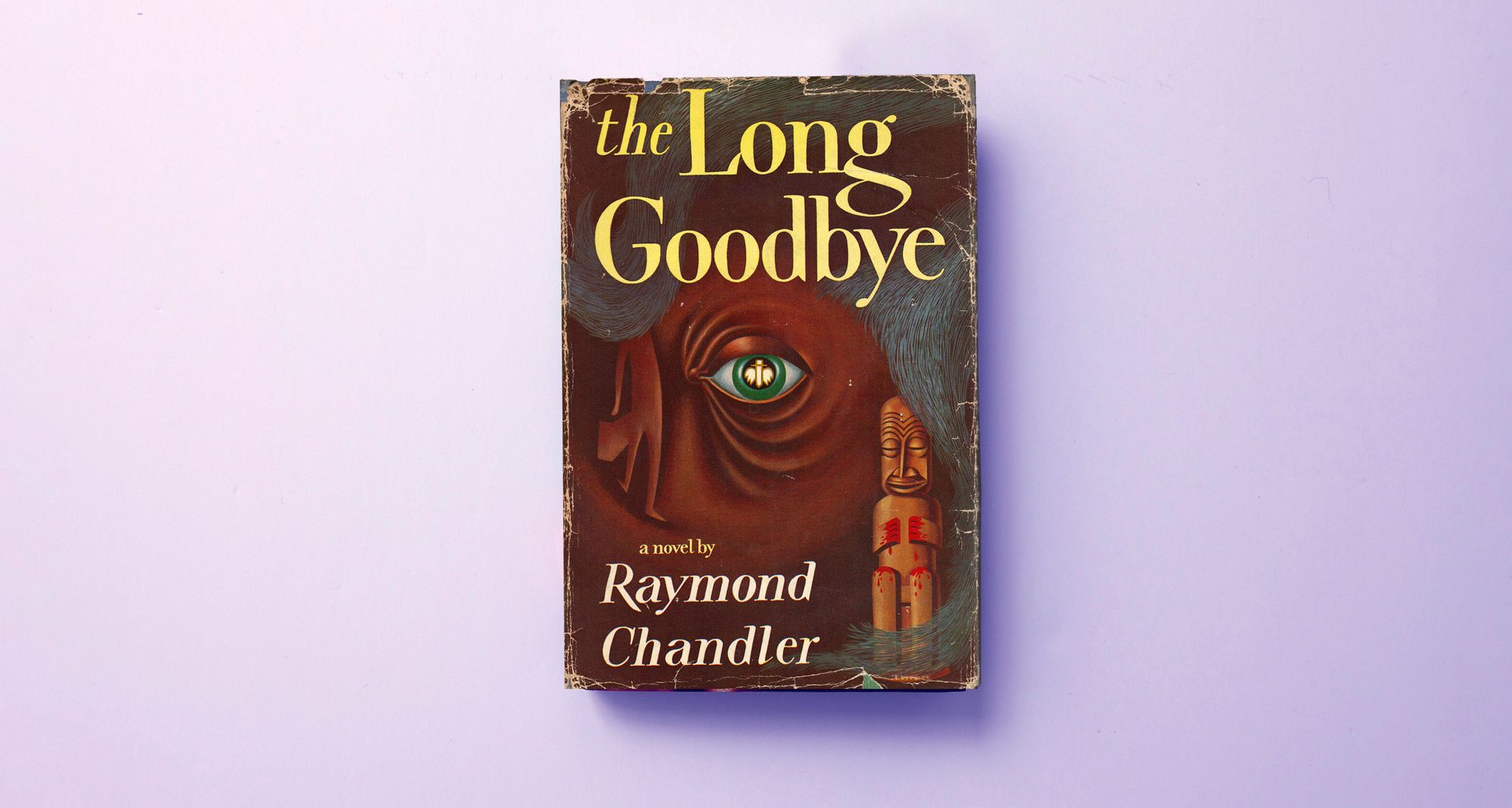
Raymond Chandler's The Long Goodbye, 1953
The Long Goodbye lives up to its title and is the longest and saddest of Raymond Chandler’s wonderful Philip Marlowe novels. I re-read all of them every few years, partly because the great joy of the novels is the laconic, cynical and drily witty first-person narrative voice. I think perhaps the most interesting thing about Marlowe himself is that he tries so hard to pretend to care and yet he really cares very much. This book features Chandler’s classic femme fatale trope but is really a story about friendship. Chandler called it his “best book” and, while many disagree, I think he is probably right. – Dan


